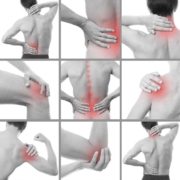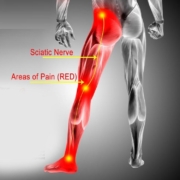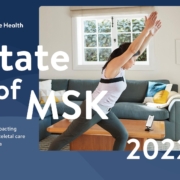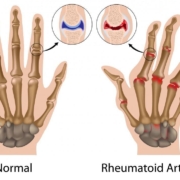Empowering Yourself: Taking Control of Your MSK Health
Your musculoskeletal (MSK) system – your bones, muscles, joints, tendons, and ligaments – is what lets you move, work, and play. Taking care of it is crucial for maintaining your quality of life, from childhood through your senior years. This means being proactive and taking control of your MSK health. this article will give you the knowledge and tools to do just that.
Understanding Your MSK System and Potential Problems
Your MSK system is complex and can be affected by many things, including age, activity level, genetics, and even your job. Common MSK problems include:
Arthritis: This involves joint pain and inflammation. Osteoarthritis, the most common type, is caused by wear and tear.
back Pain: This can range from mild muscle strain to more serious conditions like disc herniation.
Osteoporosis: This condition weakens bones, making them more likely to break.
Tendinitis: This is inflammation of a tendon, frequently enough caused by overuse.
Carpal Tunnel Syndrome: This affects the hand and wrist,causing numbness,tingling,and pain.
preventing MSK Problems: A Proactive Approach
Taking control of your MSK health doesn’t require drastic measures. Small, consistent changes can make a big difference.
1. Maintain a Healthy Weight:
Why it matters: Extra weight puts stress on your joints, especially your knees and hips.
what to do: Eat a balanced diet with plenty of fruits, vegetables, and lean protein. Control portion sizes and limit sugary drinks. Talk to your doctor or a registered dietitian for personalized advice.
2. Exercise regularly:
Why it matters: Exercise strengthens muscles and bones, improves flexibility, and helps maintain a healthy weight.
What to do: Aim for at least 150 minutes of moderate-intensity aerobic exercise (like brisk walking or cycling) per week. Include strength training exercises at least twice a week. Choose activities you enjoy to make it easier to stick with them.
3. Practice Good Posture:
Why it matters: Poor posture can strain your muscles and joints, leading to pain and discomfort.
what to do: Stand tall with your shoulders back and relaxed. Sit with your feet flat on the floor and your back straight. Avoid slouching or hunching over. Take breaks to stretch and move around if you sit for long periods.
4. Lift Properly:
Why it matters: Lifting heavy objects incorrectly can strain your back and other muscles.
What to do: Bend your knees and keep your back straight when lifting. Hold the object close to your body. Avoid twisting or jerking movements. Ask for help if the object is too heavy.
5.Listen to Your Body:
Why it matters: Pain is a signal that something is wrong. Ignoring it can lead to further injury.
What to do: Rest and ice the injured area. Avoid activities that aggravate the pain. See a doctor if the pain is severe or doesn’t improve with rest.
6. Get Enough Calcium and Vitamin D:
Why it matters: Calcium and vitamin D are essential for strong bones.
What to do: Eat calcium-rich foods like dairy products, leafy green vegetables, and fortified foods. Get enough vitamin D through sunlight exposure, fortified foods, or supplements. Talk to your doctor about the right amount for you.
7. Wear Proper Footwear:
why it matters: Supportive shoes can help prevent foot and ankle problems, as well as back pain.
What to do: choose shoes that fit well and provide good arch support. Avoid high heels or shoes that are too tight.
8. Manage Stress:
Why it matters: Stress can tense your muscles and worsen pain.
What to do: Practice relaxation techniques like deep breathing, meditation, or yoga. Get enough sleep.Talk to a therapist or counselor if you’re struggling with stress.
Taking Charge of Your MSK Future
By following these tips, you can considerably reduce your risk of developing MSK problems and maintain a healthy, active lifestyle. Remember, taking control of your MSK health is an ongoing process. Be patient with yourself, and celebrate your progress along the way.
For further information:
The Arthritis Foundation: arthritis.org
The National Institute of Arthritis and Musculoskeletal and Skin Diseases: niams.nih.gov
The American Academy of Orthopaedic Surgeons: aaos.org









